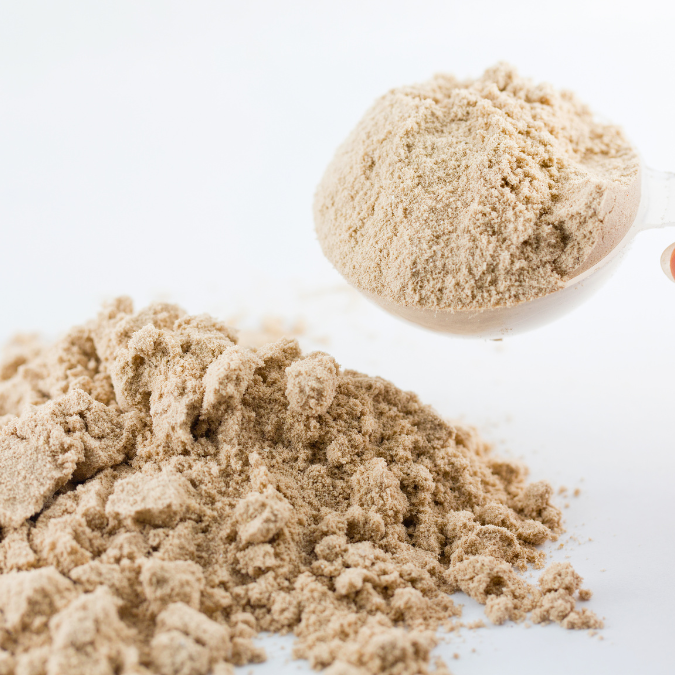Whey protein is a familiar term to many, especially those in the fitness and health community. However, for individuals adhering to a gluten-free diet, the question arises, “Is whey gluten-free?” In this blog post, we’ll explore whey, its origin, and its relationship to gluten.
Whey: A Quick Overview
Whey is a byproduct obtained during the cheese-making process. When milk coagulates to form cheese, it separates into curds (solid) and whey (liquid). This liquid whey is then processed further to produce whey protein, which is popularly consumed as a supplement.
Understanding Gluten
Gluten is a protein complex found in certain grains, predominantly wheat, barley, and rye. It’s responsible for the elastic texture of dough. People with conditions like celiac disease or gluten sensitivity need to avoid gluten to prevent adverse reactions.
Is Whey Gluten-Free?
In its purest form, whey is indeed gluten-free. Here’s why:
- Source: Whey comes from milk, which does not naturally contain gluten. The process of deriving whey from milk doesn’t introduce gluten.
- Processing Considerations: While pure whey does not contain gluten, there’s always a potential for cross-contamination. If whey or whey protein products are processed in facilities that handle gluten-containing grains or products, there’s a risk of contamination.
Points of Caution
- Added Ingredients: Some whey protein supplements may have additives, fillers, or flavorings that contain gluten. Always scrutinize ingredient lists when buying whey protein products.
- Cross-Contamination: As mentioned earlier, ensure the whey product or supplement you purchase is processed in a gluten-free environment, especially if you have a high sensitivity to gluten.
- Brands Matter: Not all brands have the same manufacturing practices. Some prioritize gluten-free processing, while others might not be as stringent. Do your research to find brands that are certified gluten-free or are known for their rigorous manufacturing practices.
In Conclusion
Pure whey is gluten-free, making it suitable for those avoiding gluten in their diets. However, the potential for cross-contamination or added gluten-containing ingredients in processed whey products means that a little diligence is required when shopping. By being informed and careful about the products you choose, you can continue to enjoy the benefits of whey without the worries of gluten. Stay fit and stay informed!
